Apple's been promising us the future for years, and now it looks like your AirPods might finally become that universal translator you've been dreaming about since watching sci-fi movies. But here's the thing—while Apple is planning to bring live translation directly to AirPods, the timeline isn't quite what you might expect. The feature is tied to iOS 19, expected to launch in fall 2025—not the current iOS 18 beta that's making headlines. Even more interesting? Google brought this feature to its very first pair of Pixel Buds in 2017—so Apple's playing catch-up here, but that doesn't mean they won't do it better.
Why Apple's taking the deliberate approach with AirPods translation
Let's break down what's actually happening here. Apple is planning to tie this feature to iOS 19, which puts us squarely in fall 2025 territory for the actual rollout. Meanwhile, the iOS 18 beta everyone's talking about has its own translation features, currently supporting only four languages: Spanish, Portuguese, German, and French for phone calls and FaceTime.
Here's where it gets interesting from a technical standpoint: existing AirPods models are expected gain the feature since the heavy lifting happens on your paired iPhone. This means you won't need to upgrade your hardware—your current AirPods Pro or regular AirPods should work just fine. However, the feature could get exclusive perks on AirPods Pro 3 thanks to its new H3 chip—think potentially faster processing, better noise isolation for clearer translations, or enhanced gesture controls.
Apple's measured approach here makes sense when you consider what they're building toward. Rather than rushing to market with a half-baked feature, they're taking the time to nail the fundamentals that will make real-world conversations actually work seamlessly.
How Apple's approach differs from the competition
Google's been in this game for a while—Google Pixel Buds currently support 40 languages with their "Hey Google, help me speak..." command. Samsung jumped in too, offering 25+ languages supported by Galaxy AI's Live Translate feature. So what makes Apple think they can compete?
The answer lies in Apple's signature approach: seamless integration and ironclad privacy. All translation is designed to occur on-device, keeping sensitive conversations truly private. While competitors often rely on cloud processing—raising privacy concerns and requiring constant internet connectivity—Apple's system works entirely offline. This means you could use it during international travel without reliable internet, or in sensitive business meetings without worrying about data leaving your device.
The user experience also promises to be more polished. The feature will integrate with the iPhone's Translate app, but is baked directly into everyday communication flow. Testing of the current iOS 18 version shows that Live Translate on iOS 18 offers the better experience because of how it speaks aloud the translation after a couple of sentences, creating a more natural conversation flow compared to competitors that often wait for complete silence before translating.
What's particularly clever is how Apple handles conversation dynamics. What makes it more enjoyable is how Live Translate on iOS 18 makes it feel more like a natural conversation by overlaying the spoken translation over the speaker's voice—like having a professional interpreter whispering in your ear rather than the jarring stop-and-start approach we've seen elsewhere.
What the iOS 18 beta reveals about Apple's translation future
Even though the AirPods translation feature isn't coming with iOS 18, the current beta gives us fascinating insights into Apple's broader translation strategy. Clues about the update were spotted by developers in the latest iOS 18 beta, where an image shows AirPods alongside the word "Hello" in multiple languages. The file is named "Translate," hinting that the feature could be activated with a simple double press—perfectly fitting Apple's philosophy of making complex features feel effortless.
The current iOS 18 implementation for phones and FaceTime is already impressive from a technical standpoint. Live translation shows up where you already talk in Messages, FaceTime, and calls, and the translation is handled by Apple's on-device foundation models, meaning the system works offline and doesn't share transcripts or voice data externally.
Testing shows the system has impressive accuracy with minor quirks. While it did stumble just once at the end in some tests, what stands out is how it maintains natural conversation pacing—it happens after a couple of sentences in and proceeds to keep the same pace throughout the rest of the conversation. This suggests Apple has cracked one of the biggest challenges in real-time translation: timing.
The real timeline: managing expectations realistically
Here's the bottom line: if you're waiting for AirPods to become your personal translator, patience is required. Apple will start the translation feature as part of an AirPods software upgrade later this year, tied to iOS 19's release, which puts us firmly in fall 2025 territory.
There's some timeline confusion in the rumor mill, but the key distinction is this: iOS 18 is laying the foundation with phone and FaceTime translation, while iOS 19 will extend that capability to AirPods. It's not yet clear whether Live Translation for AirPods will launch with the first public release of iOS 19 or arrive in a later update.
What we do know is encouraging for existing users: you won't need special AirPods since translation processing happens on the iPhone. However, there's a potential catch—most of Apple's existing translation tools rely on Apple Intelligence, so you might need an iPhone that supports the company's new AI features to use it. This could limit the feature to iPhone 15 Pro models and newer, even if your AirPods are technically compatible.
Language support will likely follow Apple's usual expansion pattern. Currently, in Messages, live translation works with English (U.S., UK), French, German, Italian, Japanese, Korean, Portuguese, Spanish, and Chinese Simplified, while for Phone and FaceTime, support is narrower at launch. It's limited to English (U.S., UK), French, German, Portuguese, and Spanish. But Apple says more languages will be added by the end of 2025, indicating they're building for long-term expansion rather than quick wins.
Where does this leave us in the translation race?
Apple might be fashionably late to the party, but they're bringing their signature focus on user experience and privacy to a space that's been dominated by cloud-dependent solutions. While Google has been marketing that for years with their headphones and Samsung debuted a similar feature with its Galaxy Buds last year, compatible only with users of its Galaxy smartphones, Apple's differentiator lies in their comprehensive ecosystem approach.
The competitive landscape shows both the challenge and opportunity ahead. Google has offered live translation capabilities with its Pixel Buds since 2017, giving them a significant head start in real-world usage data. But here's what testing reveals about execution quality: while Galaxy AI might offer broader language support, though Galaxy AI was nearly spot-on and supports more languages, but its execution makes it less intuitive to use.
Apple's integrated approach—where all translation occurs on-device and the system is deeply integrated into iOS—positions them to offer something competitors haven't quite nailed: translation that feels like a natural part of conversation rather than a technological interruption.
The wait until fall 2025 might test your patience, but if the current iOS 18 beta testing indicates anything, it's that Apple is prioritizing getting the fundamentals right over rushing to market. For a feature that needs to work flawlessly in real-world social situations—where mistakes could be embarrassing or even problematic—that approach makes sense.
For now, your AirPods will continue excelling at music, calls, and gradually expanding health features. But come fall 2025, they might finally deliver on that universal translator promise we've been hearing about for years. And knowing Apple's track record with taking existing concepts and making them work seamlessly, it could be worth the wait.




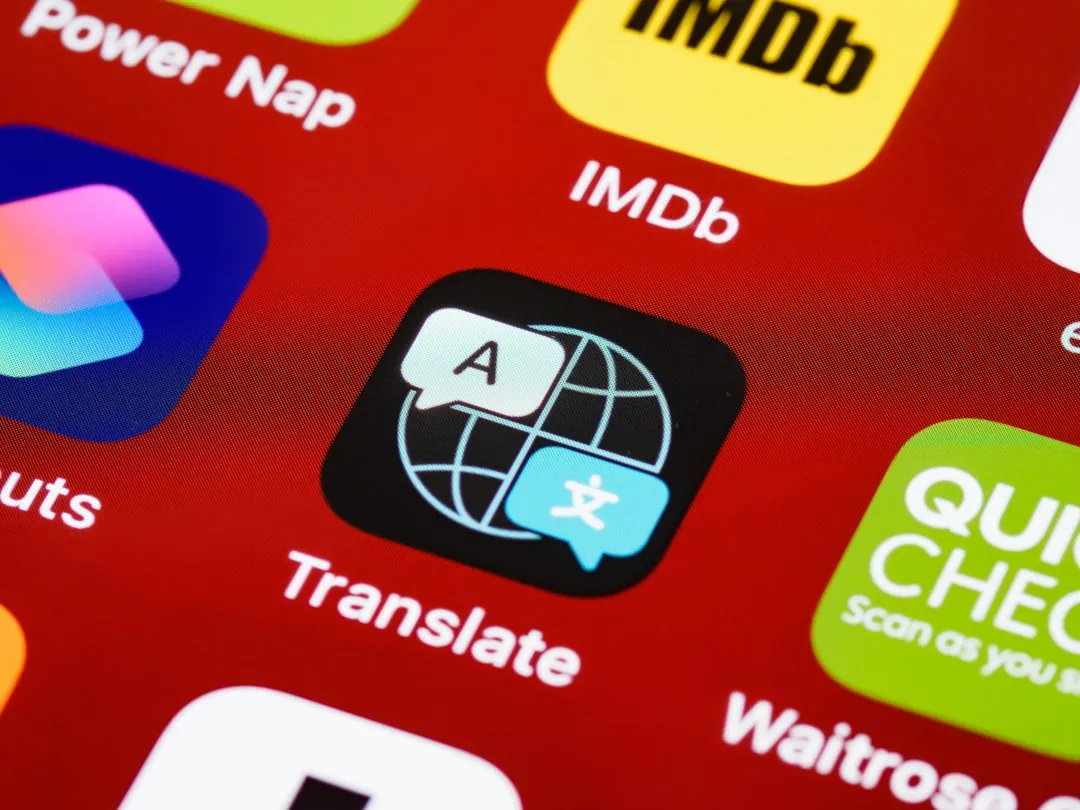
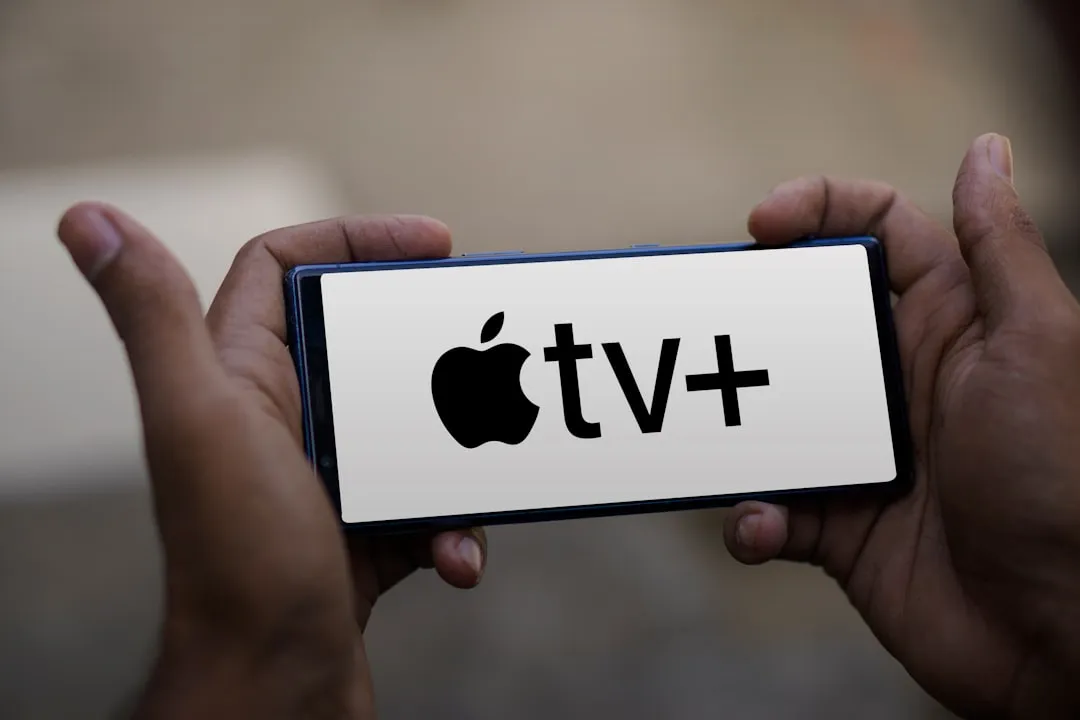

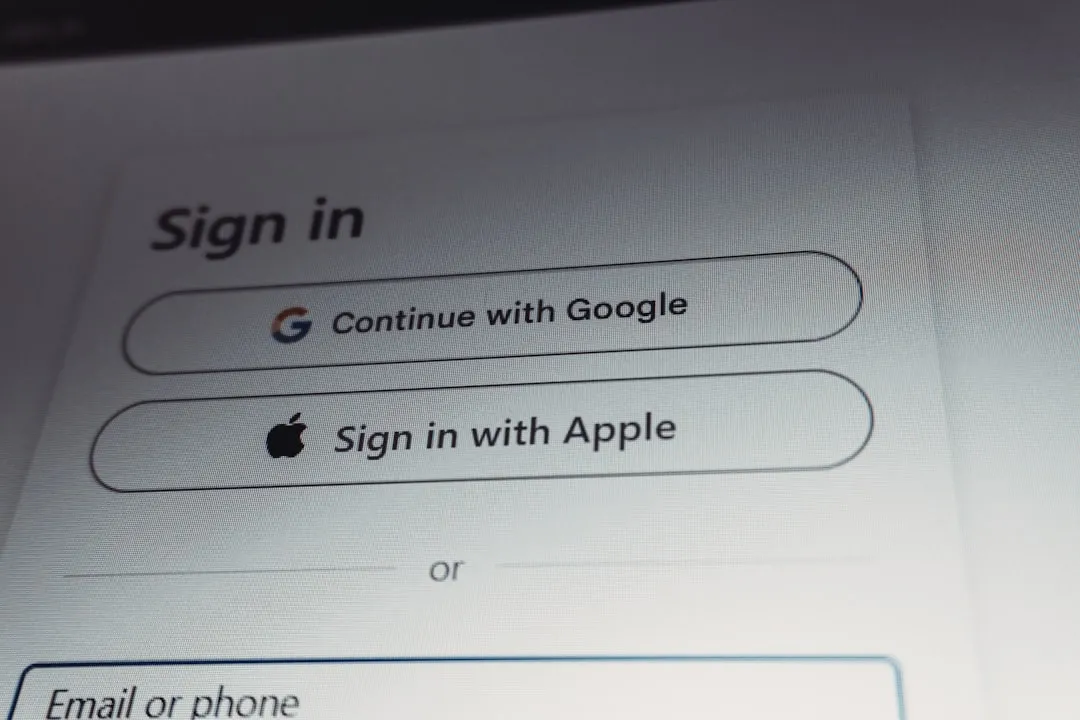





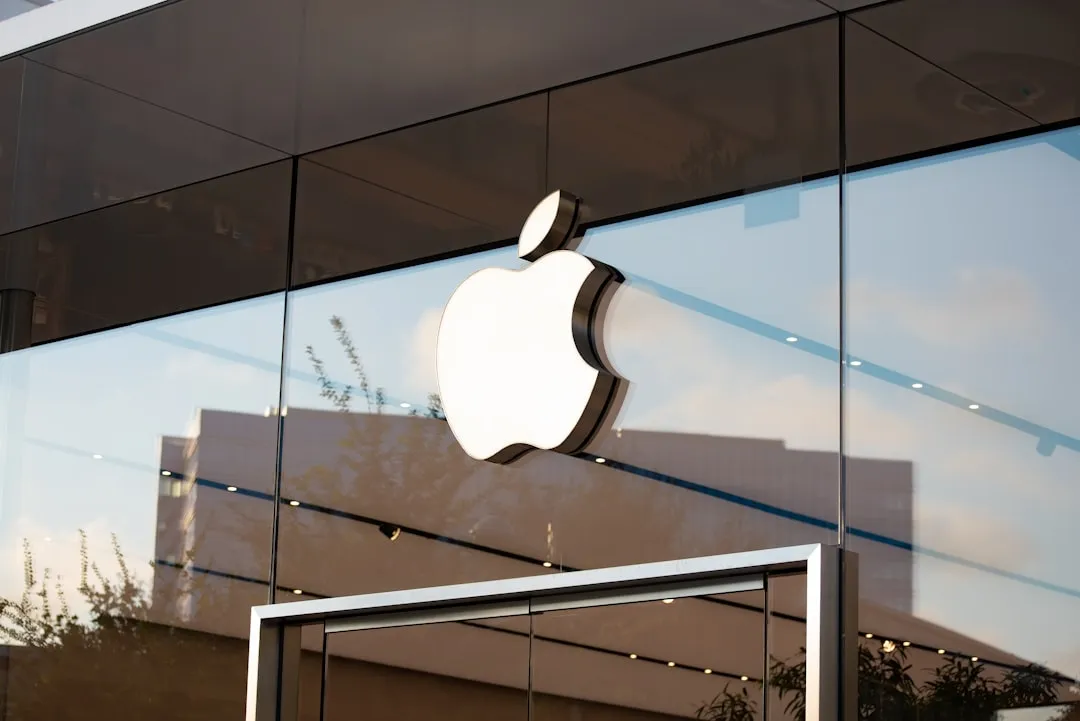

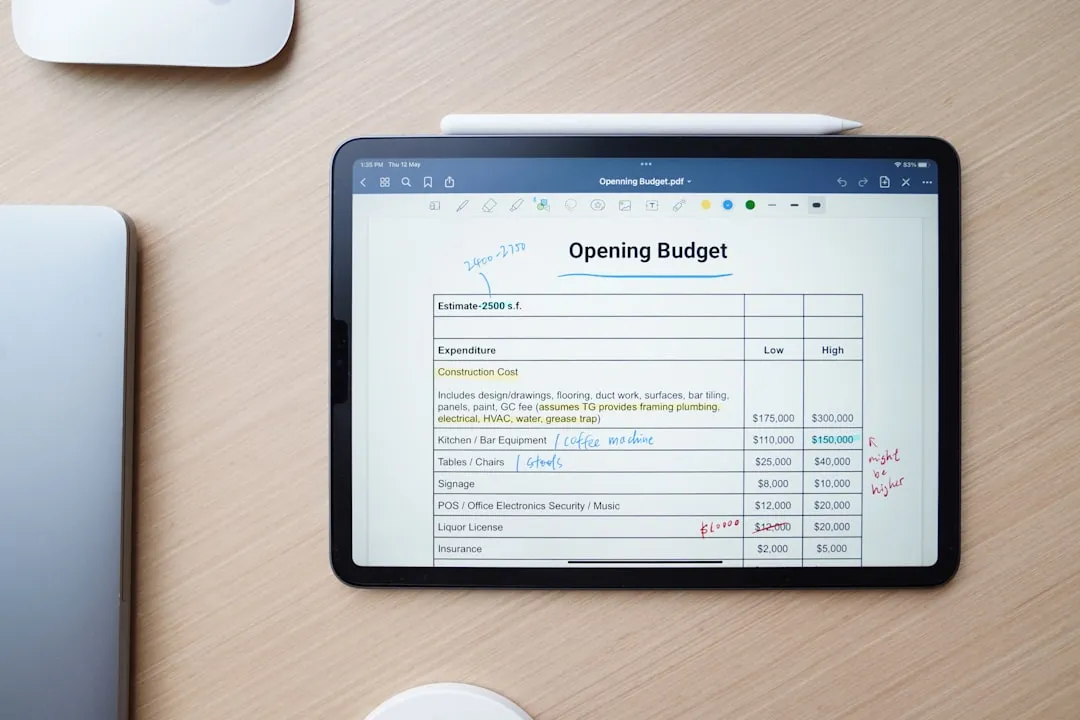

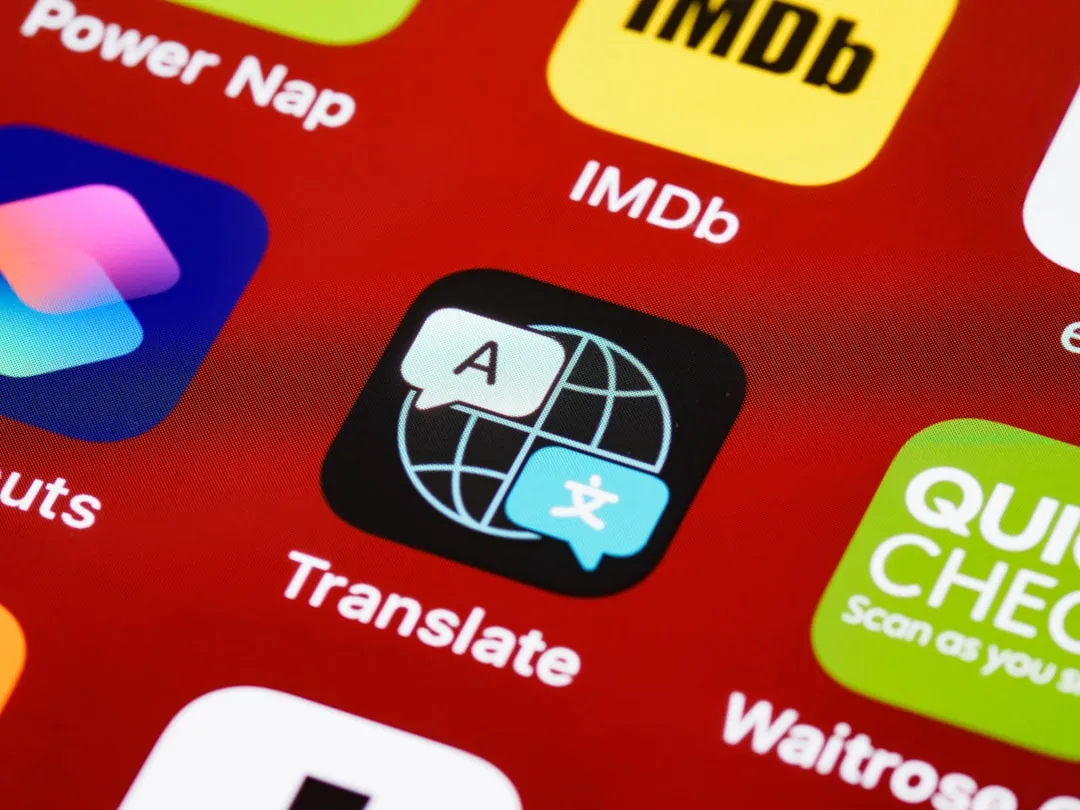



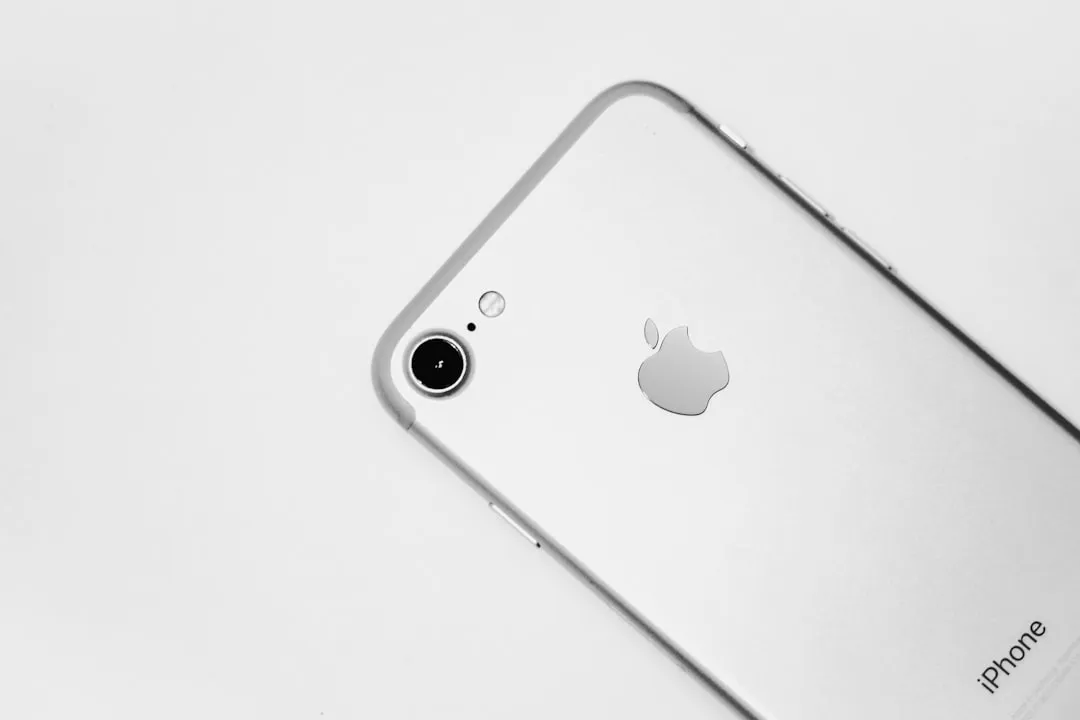
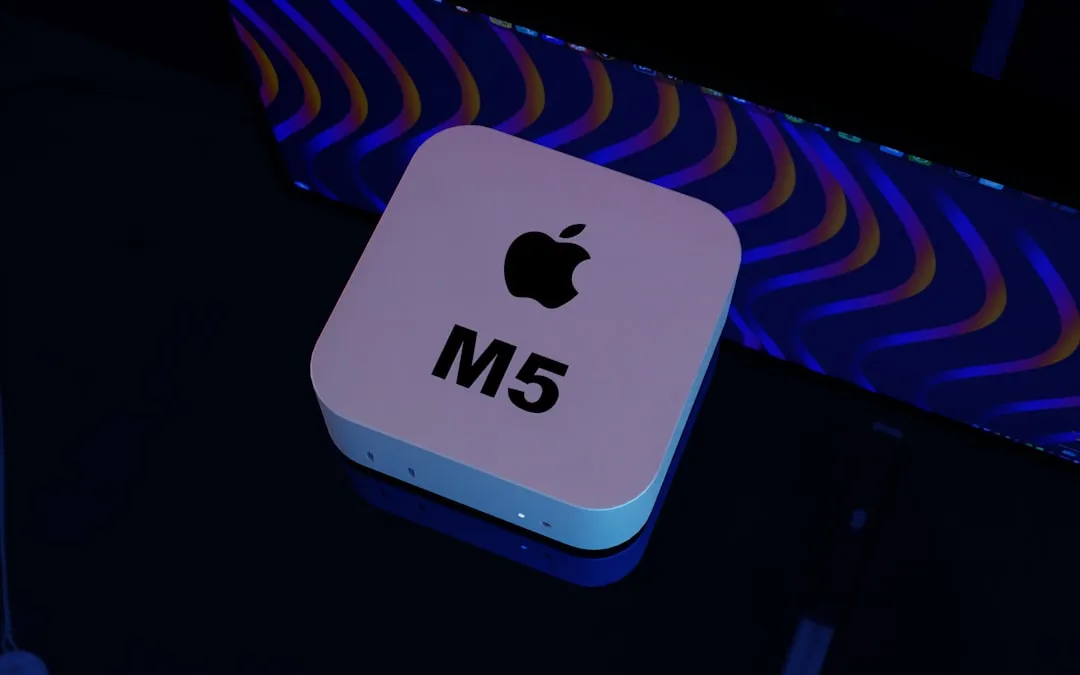


Comments
Be the first, drop a comment!